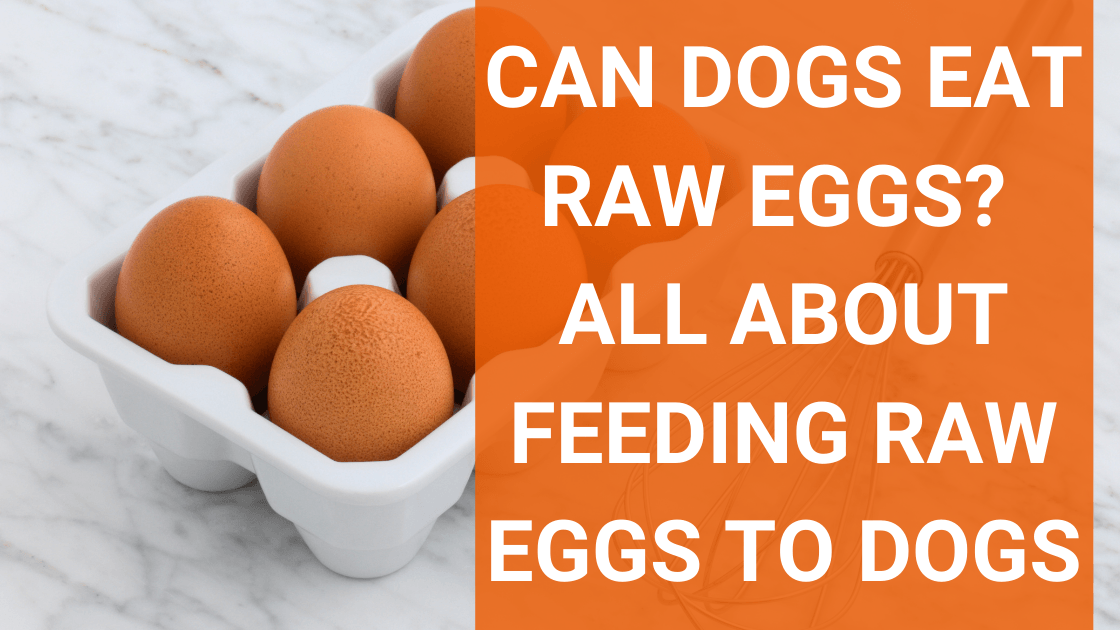If there’s one thing you’ve noticed about your dog, it’s that they definitely enjoy their sleep. Well, after a good exercise sesh, that is.
Whether it’s a puppy who’s conked out with their back legs spread, an adult dog snoring on the couch, or Fido lying belly up fast asleep––dog sleep can actually raise a lot of questions.
Today we’re going to get into some of the most popular questions we get related to dog and puppy sleep here at Monster K9.
This includes: How long do dogs sleep? Is it normal for dogs to snore? What do dogs dream about? And a whole lot more!
So if you’re ready to have a better understanding of dog sleep, read on my fellow dog lover. We’ve got all the answers.
Dog sleep
Even the most energetic of dogs spend a lot of their days sleeping. But what’s considered normal and not can sometimes be tricky to figure out. Like with many dog-related questions, a lot of it is going to depend on your dog’s age, size, and breed type. But there are definitely some overarching averages that can give you a better idea.
Let’s look at average sleep times and how much sleep dogs actually need. This can be helpful in determining if you are exercising your dog enough (or maybe too much).
It will also give you an idea of how much you can realistically expect your dog to be able to snooze during the day.
Lastly, it may even help you identify a health issue if they are sleeping well above what’s considered average.
How long do puppies sleep?
In our article about dog walking, we talked a lot about how far and long to walk your puppy. The flip side of this is how long they need to sleep––which is a lot! Puppies are a lot like baby humans in that they need regular naps throughout the day. Growing takes a lot of sleep!
On average, puppies sleep 18-20 hours per day. They usually take 30-minute to two-hour naps every hour throughout the day.
It’s very important to respect your puppy’s need for sleep and create an environment that is conducive to daytime sleep for them. A crate works really well for this. Some puppies are unable to settle or crash on their own (especially in a busy household) so it may be necessary to put your puppy down for a nap every hour or so.
In fact, if your puppy has been awake for a while and you begin to see “crazy” behavior with lots of nipping, jumping, and zooming around, it’s likely that they are overtired and need to be led to their sleeping space.
Related Reading: Crate Training Your Puppy or Adult Dog
How long do dogs sleep?
Adult dogs on the other hand sleep an average of 12-14 hours per day. Their sleep cycles are very similar to humans. Dogs like to follow a sleep routine that involves a regular bedtime and wake time for the day.
It might seem like your dog sleeps more than that, but that is actually probably time spent “lounging but awake”. Their day is spent: 50% sleeping, 30% lounging by awake, and 20% active (source).
There can be a big variation here when you factor in age, breed, and even individual personality. Not surprisingly, senior dogs are going to sleep a lot more than younger ones.
Basset Hounds, Mastiffs, Great Danes, Great Pyrenees and St. Bernards top the list of dogs that like to sleep a lot (source).
Some of the most energetic breeds are Siberian Huskies, Vizslas, Border Collies, and German Shorthaired Pointers.
And then there are dog breeds that fall somewhere in between and adapt more easily to some days with more lazing around and some days that are go, go, go. All with their exercise needs met, of course.
Related Reading: Destructive Chewing: What, Why, And How to Fix It
Dog snoring
Along with the amount of sleep your dog is getting, a lot of owners are surprised to hear Fido sawing wood over on their bed. It’s true––other humans aren’t the only ones who can keep you awake with their snore.
Two out of my three dogs snore, and it seemed to progress as they got older. Coincidence? Maybe. Let’s take a look at some details related to dog snoring.
Is it normal for dogs to snore?
For some breeds, snoring is very common. This is especially true if your dog has a short snout, like that of a Pug or Bulldog. But even in other breeds, snoring isn’t unusual and often isn’t a reason for concern.
If your dog is snoring but is otherwise healthy, playful, and acts like themselves, then there’s no reason to worry. If your dog is suddenly snoring and you think it may be related to a breathing issue, nasal or lung infection, or other health-related issues then you should definitely have them seen by a vet.
In some cases, snoring can be brought on by weight gain in your dog. Getting your dog on a healthy diet and helping them lose weight might keep the snoring at bay.
In dogs with short snouts, the snorers of the dog world, your vet will already be on the lookout for respiratory issues at their annual check-up. Unfortunately, these dogs are more prone to breathing issues.
What to do about my dog’s snoring
Believe me, I know how frustrating it can be to try to sleep with a dog that snores. They can be seriously loud. Here are some things you can try to stop your dog’s snoring:
- Get them back to a healthy weight (being overweight is associated with worse snoring)
- Reposition them (sometimes it’s just the position of their neck or body)
- Run a humidifier (this will help chronic snorers, especially in dog’s with short snouts)
Dog dreams
You’ve definitely seen it. Your dog sound asleep and suddenly their paws start twitching like they are in a full sprint. Maybe they get a little excited yelp going. Sometimes they even let out some low growls.
Watching your dog dream is fascinating. What on earth is going on in that brain of theirs? It’s also a behavior that makes them seem so human-like in their thinking.
We’ve all wondered about this, and some really cool research has given us some clues!
What do dogs dream about?
According to this article in Psychology Today, research suggests that dogs dream about, well, dog things! Much like humans dream about the people in their lives and the things they have going on in their life lately, dogs likely dream about common activities and interactions in their lives.
Researchers were able to study sleeping dogs and make the part of the brain that prevents us from acting out our dreams inactive in the dog’s brain. This allowed them to see what a dog was doing in their dream because they started moving despite being sound asleep. Not surprisingly, they observed them doing common dog activities. Pretty amazing that’s possible!
Dogs usually enter the stage of sleep when dreams occur about 20 minutes after they fall asleep. According to the same article, you will notice their breath becomes more shallow and they may even start to twitch, their eyes will roll back, and sometimes they make those classic doggie-dream noises.
Do dogs have nightmares?
Now that you have a basic understanding of dog dreams, then you’re probably realizing that yes, they can have nightmares. You may have already suspected this if you’ve seen your dog growling, snapping, or crying in their sleep.
Researchers have definitely seen evidence of nightmares, too. Things like dogs suddenly waking from dreams and engaging in behavior they only do when they are frightened (like run to the spot they only hide in during a thunderstorm, for example).
According to the American Kennel Club it is not advisable to wake your dog when they are having a nightmare. They may be disoriented, and you don’t want to be inadvertently hurt (source).
Dog sleep questions answered
There you have it! Some of your most burning dog-sleep related questions answered. Not only do you better understand your dog and their sleep needs, but you’ve also got some great conversation starters for your next trip to the dog park.
Hey, do you know what dogs dream about and why they snore? Trust me––when you’re among other dog lovers you’ll be met with eager ears.
Got another question related to dog sleep? Be sure to chime in below! We’d love to help.



